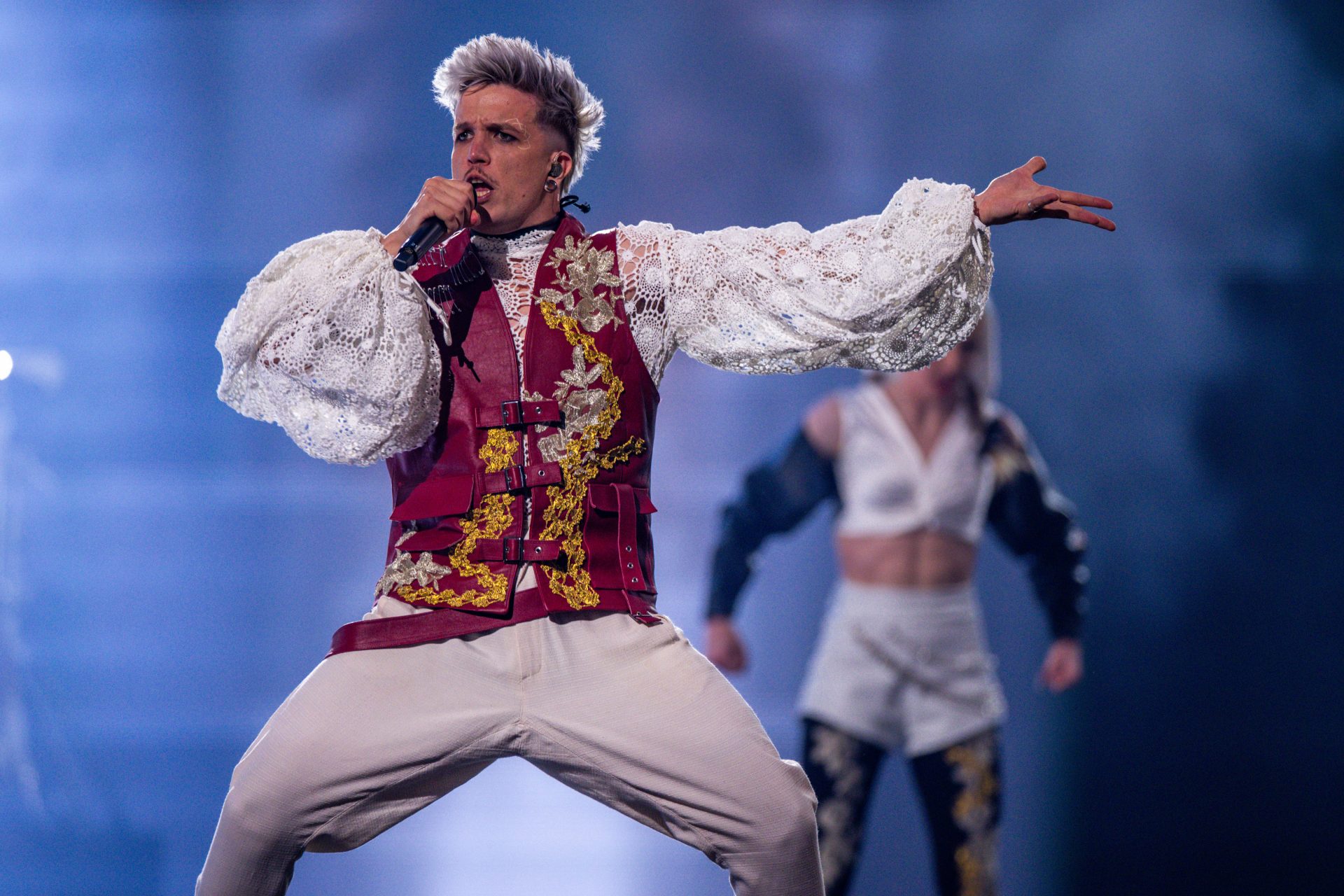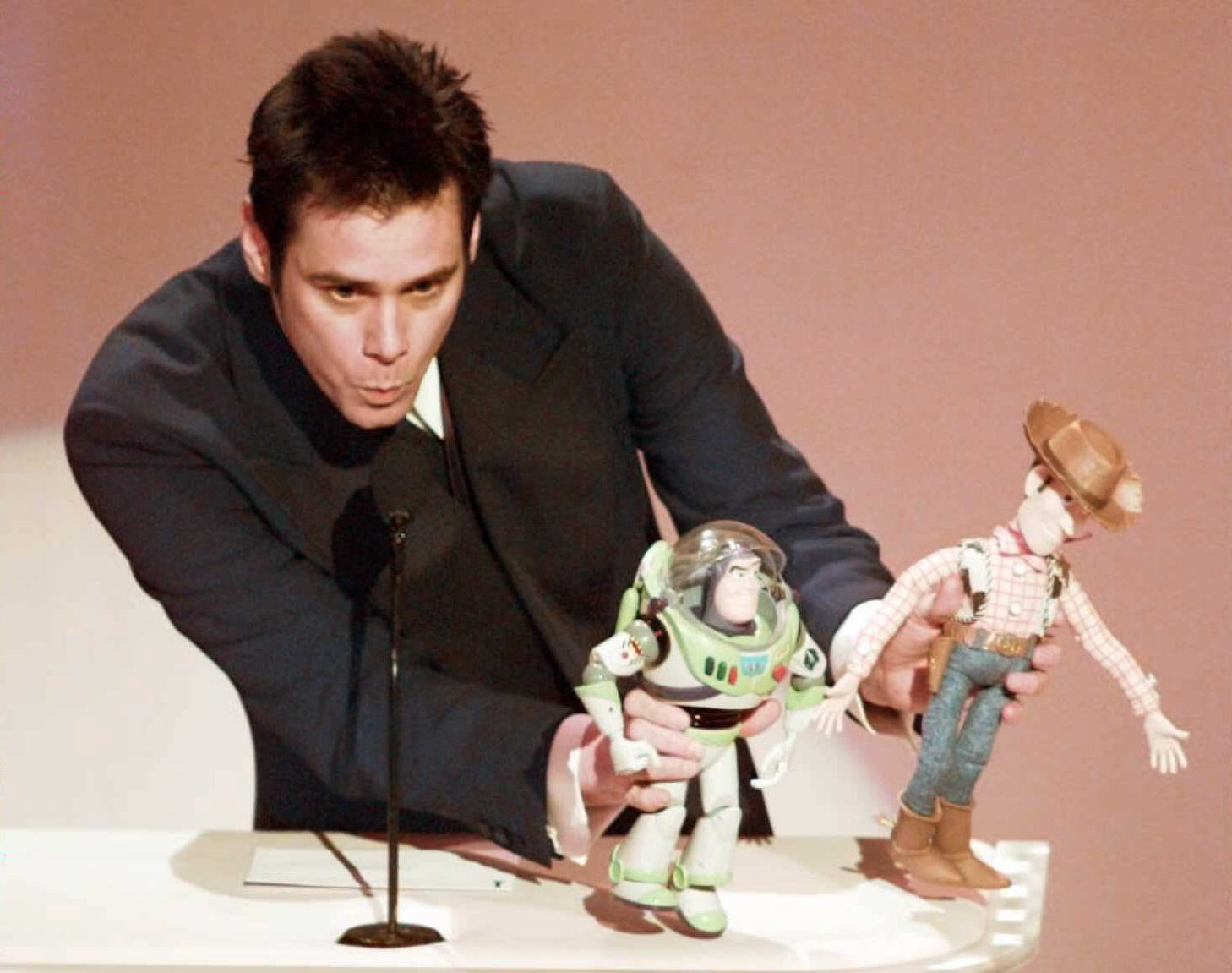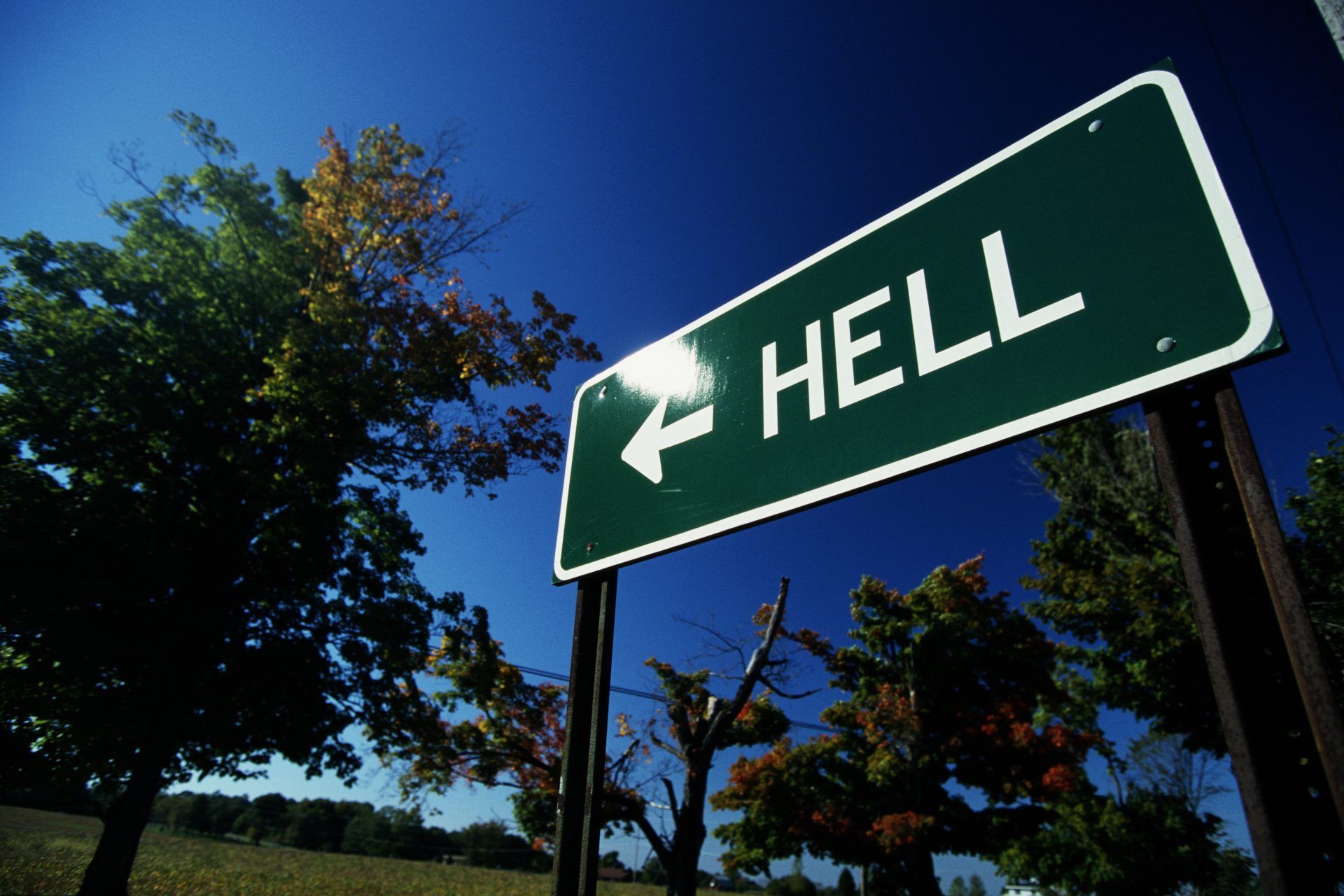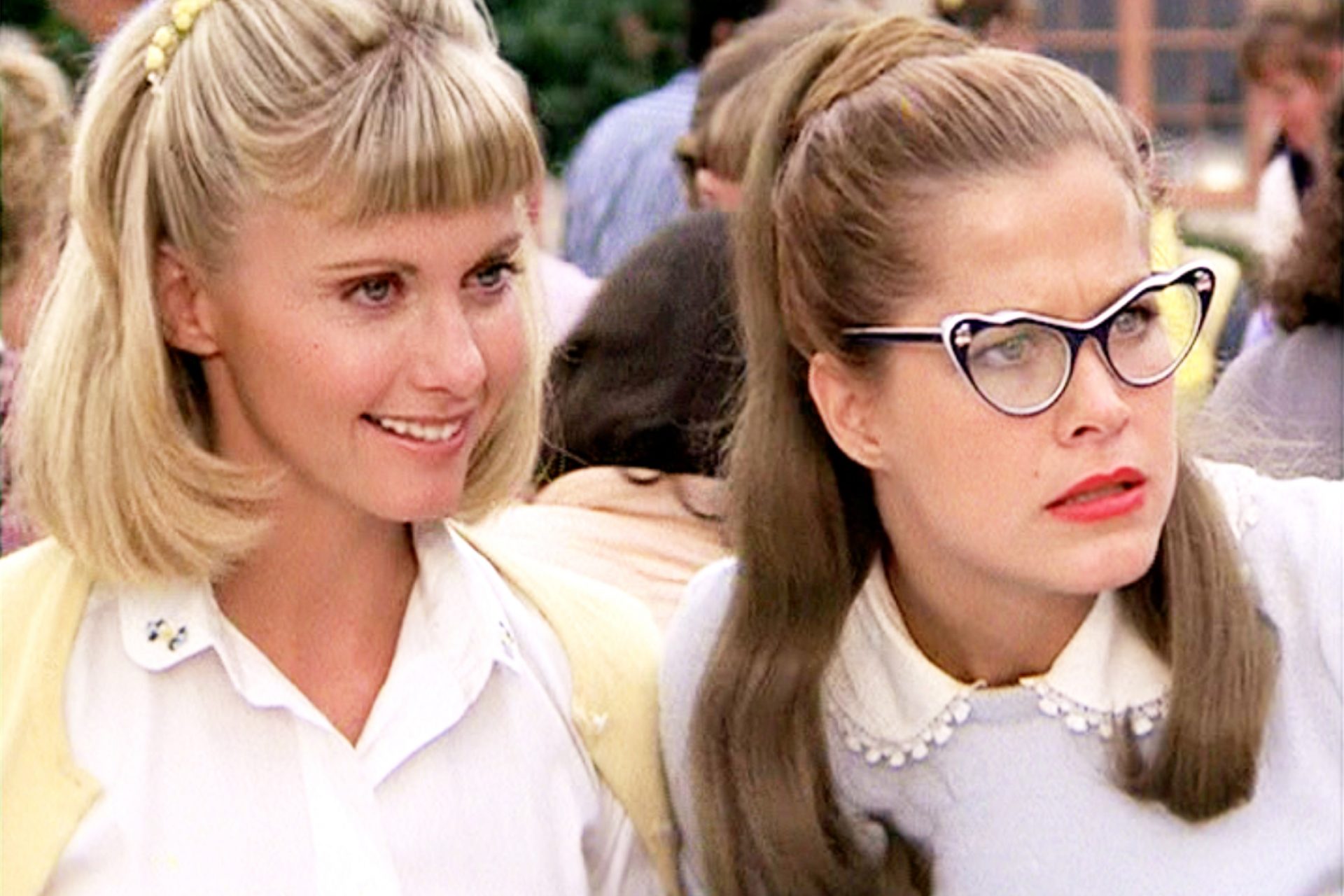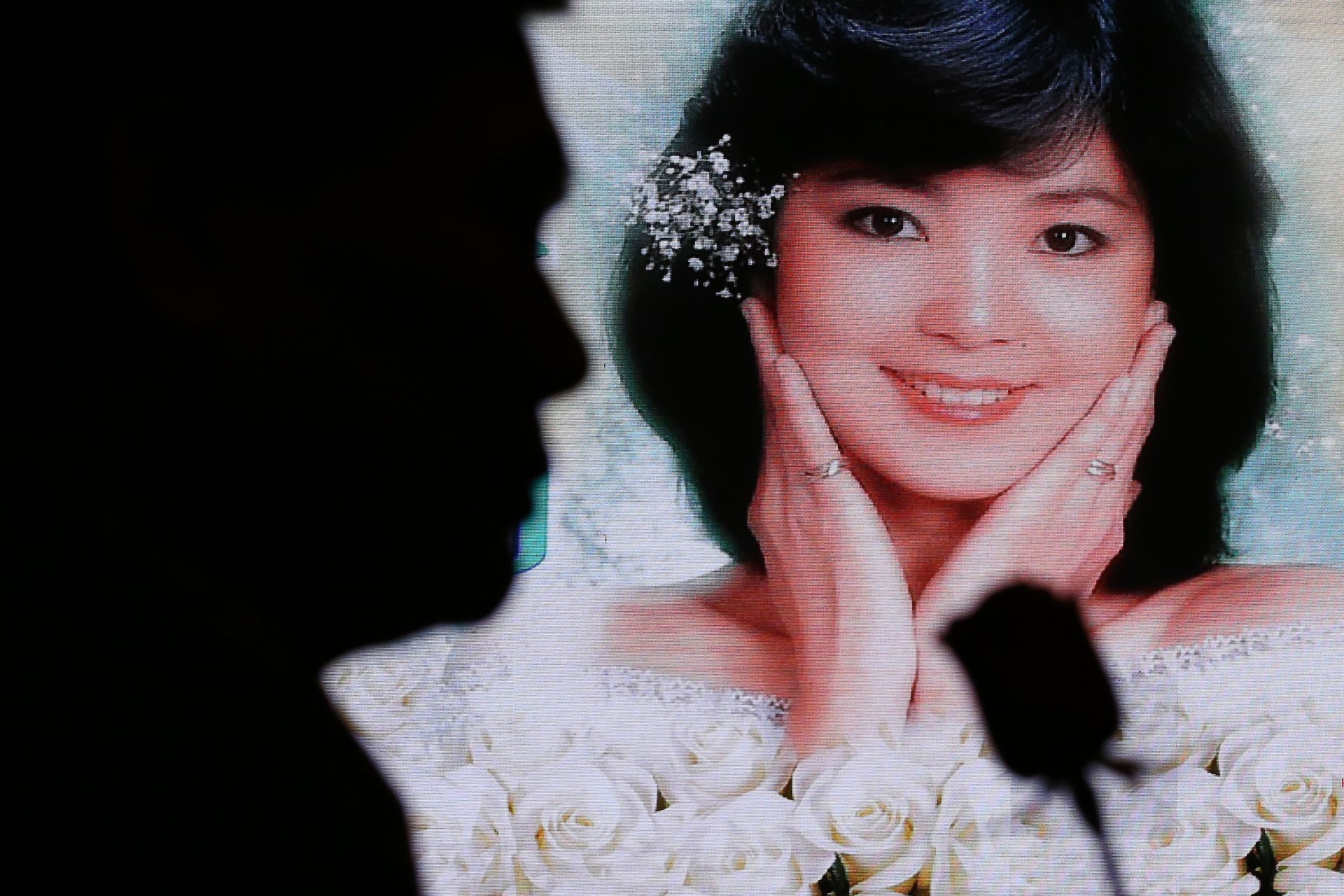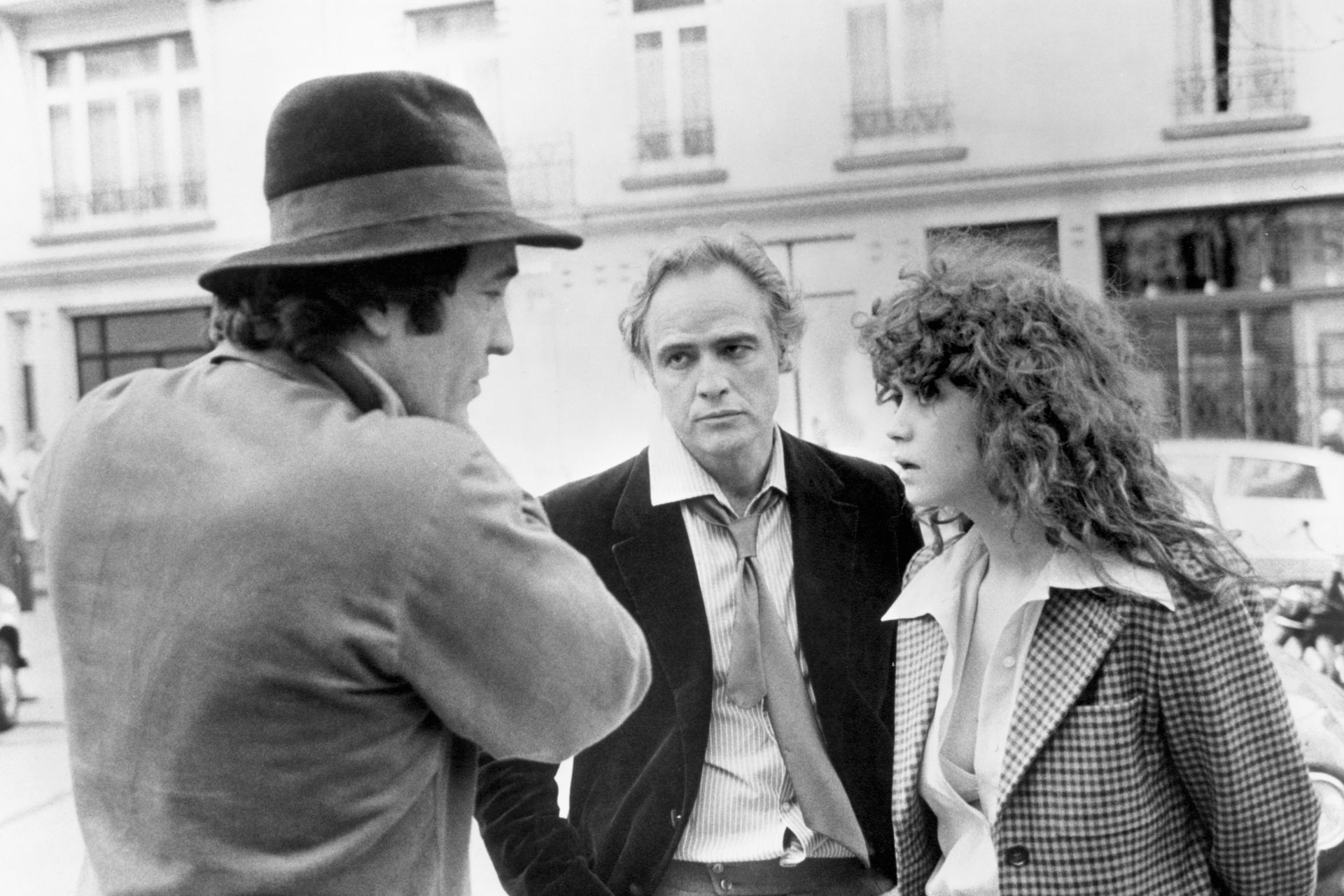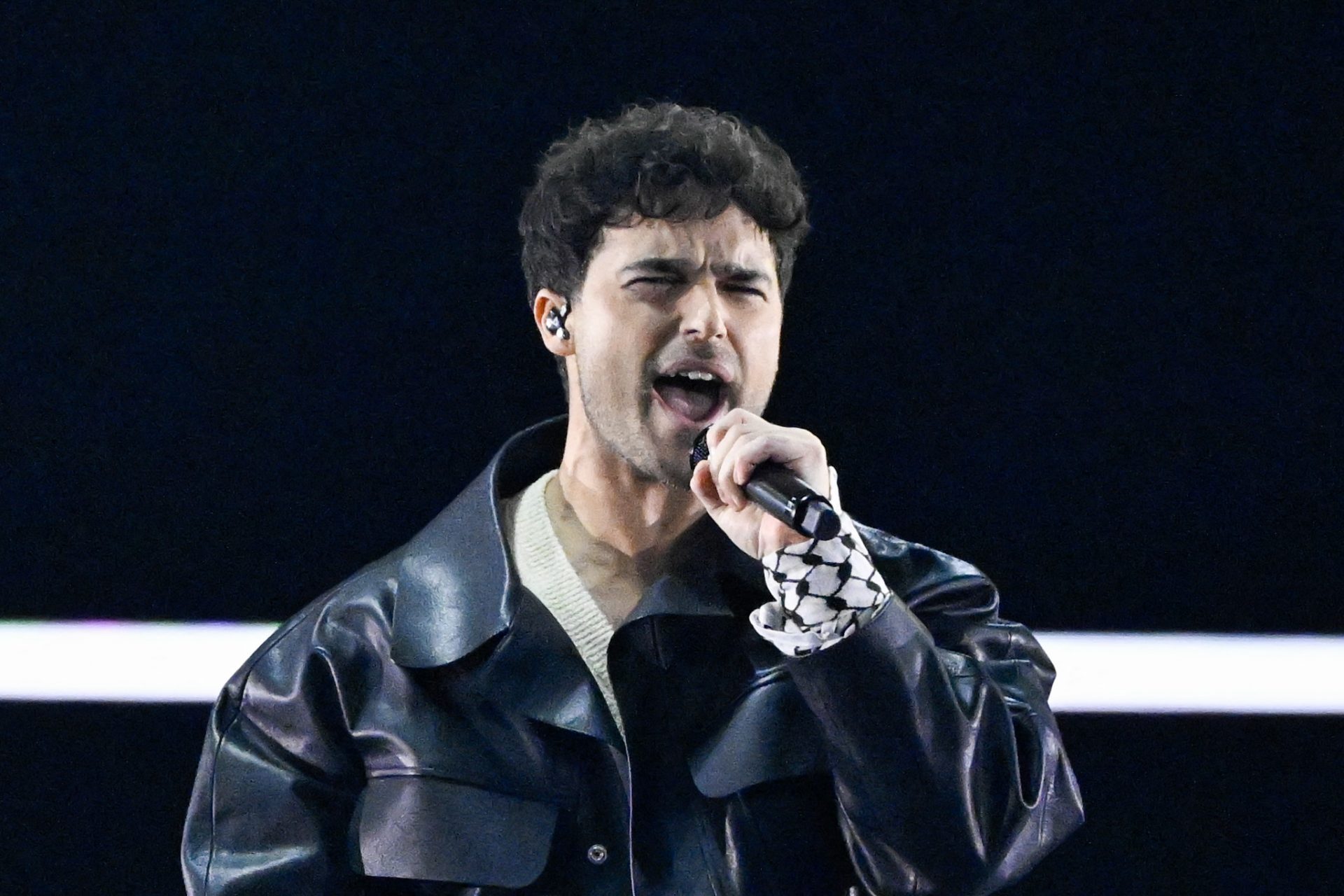What to do with Benedict, the late Pope who retired amidst controversy?
"With pain, I inform you that Pope Emeritus Benedict XVI died today at 9:34 in the Mater Ecclesia Monastery in the Vatican," said the spokesman for the Holy See, Matteo Bruni, on the morning of December 31, 2022.
On Wednesday, December 28, Pope Francis had brought the news that former Pope Benedict XVI's health was not good. He asked the faithful to pray for his predecessor. Benedict's condition appeared to be stable for a short time and he was described as "clear and awake," but this did not last.
It had been known for a long time that the 95-year-old was physically very weak and had difficulty speaking. Media reports that Benedict suffered from kidney and respiratory problems were not officially confirmed though.
Catholics in his home country Germany, as well as people all around the world, have mixed feelings about Joseph Ratzinger. When the Pope resigned in an unprecedented move in 2013, his rule was marked by controversy, especially due to his handling of abuse cases in the Catholic Church.
Benedict XVI was born Joseph Aloisius Ratzinger on April 16, 1927, in Upper Bavaria.
His childhood was shaped by a loving and deeply religious family. He experienced a "joyful, colorful, humane Christianity," Ratzinger wrote in his autobiography 'Out of My Life'.
His father Joseph was a gendarmerie master, and his mother Maria a cook. Ratzinger had two older siblings: Maria and church musician Georg. The family moved a lot, as Joseph's father was repeatedly transferred by the gendarmerie.
Joseph and Georg had a close relationship. Most recently, the retired Pope came to Germany in July 2020 to visit his seriously ill brother. Georg Ratzinger died a short time later. It was Benedict's last major trip abroad.
After their father retired, the family moved into a small farmhouse. At the age of 12, Joseph, like his older brother, went to the St. Michael study seminary in Traunstein, "with great expectations," as he wrote in his autobiography. This seminary paved the way to the priesthood for both brothers.
Joseph was drafted in 1943 with other seminarians born between 1926 and 1928 as anti-aircraft helpers, but he deserted. He later ended up in American captivity, from which he was released in June 1945 and returned home.
In 1946, Ratzinger decided to study theology in Freising and later at the University of Munich. In 1951, he became an ordained priest and initially worked as a pastor in Munich city parishes. After receiving his doctorate in 1957, he became a professor of dogmatics at the Philosophical-Theological University in Freising but also taught at the universities of Regensburg, Bonn, Münster, and Tübingen.
In 1962 Ratzinger accompanied the Cologne Cardinal Josef Frings to the Second Vatican Council and became one of the most important Council advisors and Council theologians. In 1977, Ratzinger became the ordained archbishop of Munich (image).
Ratzinger's time as archbishop from 1977 to 1982 was considered relatively short and was often criticized. A priest was transferred from Essen to Munich because of allegations of abuse. He continued to work as a parish pastor, however, even with children and young people. A statement by the Vatican in 2010 and a report by a Munich law firm suggest that Ratzinger was aware of the facts but did nothing.
On November 25, 1981, Ratzinger was summoned to Rome by Pope John Paul II and appointed Prefect of the Roman Congregation for the Doctrine of the Faith, one of the Pope's closest associates. From 2002 to 2005, the future Pope was also Dean of the College of Cardinals.
On April 19, 2005, the Cardinals in Rome elected Joseph Ratzinger to succeed the late Pope John Paul II. The decision caused great joy and hope in Germany. After 482 years there was a German pope again, the eighth in history.
Translated, Benedictus means "the blessed one." With the decision for this name, the pope signaled the traditions he wanted to build on: Saint Benedict and the Benedictine orders with the intention "to pray and work." His Bavarian origins also played a role, since the Benedictines were very active there.
In the 8 years of his tenure, Pope Benedict was considered a brilliant theologian, but many did not consider him a good diplomat and church politician.
Ratzinger was a conservative. He had received criticism after the publication of the papal text 'Dominus Iesus' in 2000, for which Ratzinger was in charge. It seemed that while Ratzinger was in favor of ecumenism, he was opposed to the abandonment of the Catholic Church's beliefs, self-understandings, and belief profiles. This also created a conflict with Cardinals Meisner and Lehmann.
During his 8-year tenure as head of the Catholic Church, he continued his conservative course. Benedictus spoke out in favor of continuing celibacy, against same-sex marriage, and against modernizing the church. He received a lot of criticism and his enthusiasm waned.
The term Vatileaks refers to the release of confidential Vatican documents in 2011 and 2012. The disclosure of confidential information from the Pope's environment included the publication of secret letters from the desk of Pope Benedict XVI.
The documents included allegations of corruption, mismanagement at the Vatican, and criticism of the Vatican Bank. In addition, there were documents on the unexplained disappearance of the Vatican girl Emanuela Orlandi, who had gone missing in 1983.
According to internal investigations, the papal valet Paolo Gabriele was responsible for the Vatileaks. He was arrested and placed under house arrest, though many observers doubted his guilt. In fact, the newspaper 'La Repubblica' announced that it had received classified documents even after Gabriele's arrest.
On February 11, 2013, Pope Benedict surprisingly announced his resignation as pontiff. He cited his advanced age and health problems as the reason for his decision. In his statement, he said: "I ask your forgiveness for all my mistakes.”
Because of the scandal, there was much speculation as to why Benedict retired. For example, emeritus Curia Cardinal Walter Kaspern said to ARD: "A lot of things didn’t go well in the Curia and aren’t going well."
After his abdication, Pope Emeritus Benedict XVI retired in the Mater Ecclesiae monastery in the Vatican, as did his private secretary Georg Gänswein, who, according to 'RND', had sworn a lifelong oath of allegiance to him.
On December 14, 2021, after years of revelations, Pope Benedict commented for the first time on the report alleging abuse during his tenure in Munich and Freising.
On January 24, 2022, Benedict XVI corrected a statement to the 'Catholic News Agency' in which he had initially denied having participated in an Ordinariate meeting that discussed the abusive priest. He described his previous mistake as "the result of an oversight in the editing of his statement."
The chairman of the German Bishops' Conference, Georg Bätzing, asked the retired Pope Benedict XVI to apologize to the victims, but he never did. According to the 'Tagesspiegel', the former pope initially only apologized for his alleged mistake. A public letter to the victims followed some time later.
And now, in 2023, the pope emeritus is dead. His position is exceptional because the last time a pope emeritus died was in 1417. Normally, popes continue their tenure until they die.
While the Vatican has carefully designed rituals for when a sitting pope dies, there is no plan for a former pope. Liturgical scholar Don Claudio Magnoli told several Italian media outlets that Benedict will probably be buried in ·the ritual envisaged for papal funerals."
Francis (pictured visiting Benedict) is expected to preside over Benedict's funeral. Since Ratzinger never gave up the white robe of the Pope, even after his resignation, he could wear it to the end. Ultimately, however, the Vatican decides what will happen to the late pontiff's outfit.































